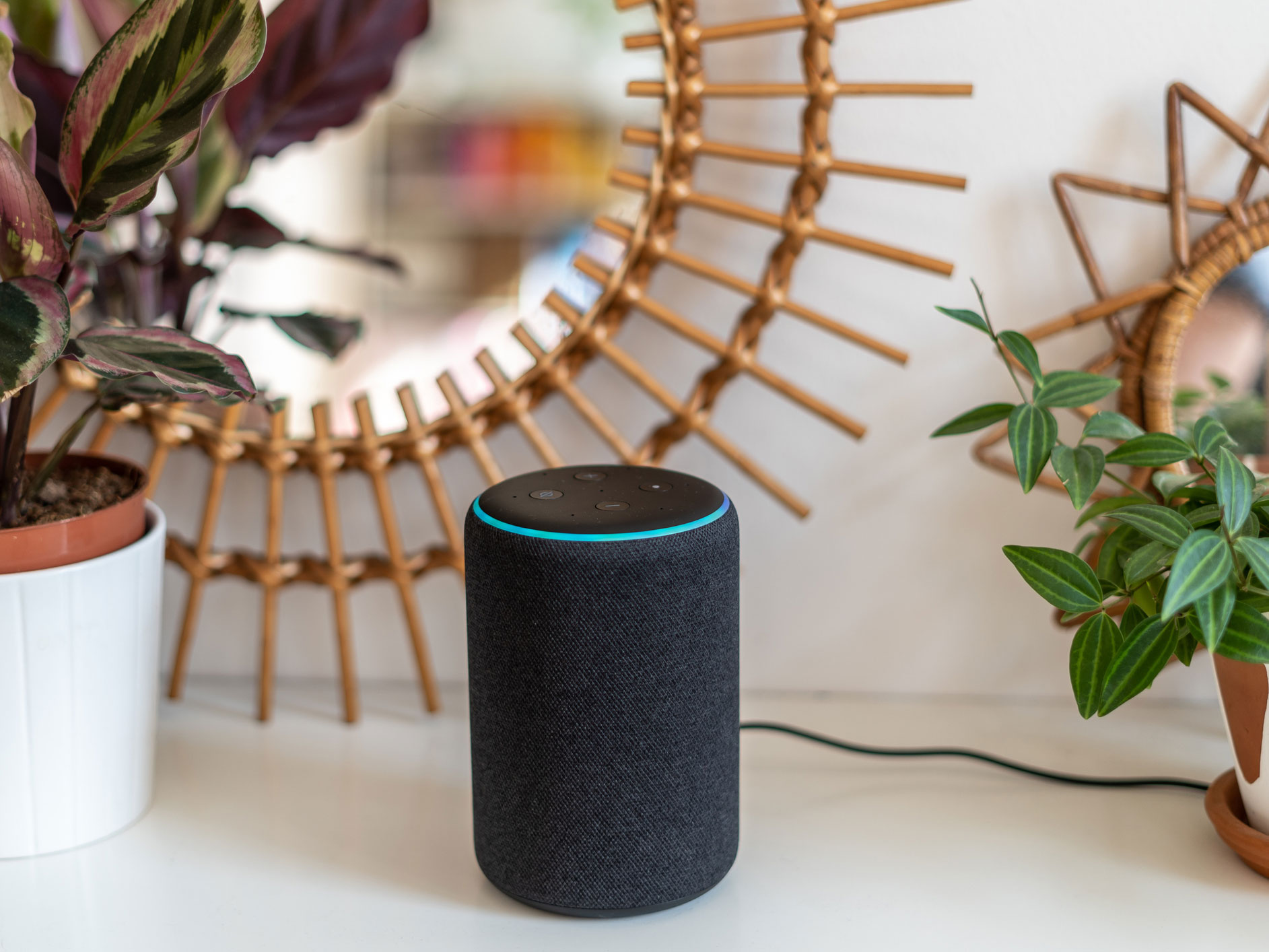Get Easy Health Digest™ in your inbox and don’t miss a thing when you subscribe today. Plus, get the free bonus report, Mother Nature’s Tips, Tricks and Remedies for Cholesterol, Blood Pressure & Blood Sugar as my way of saying welcome to the community!
Alexa, monitor my heart

A half-million Americans die each and every year from cardiac arrest. Yet if immediate CPR is administered, chances of survival can double or even triple.
The problem is that most cardiac arrests happen not when you’re in the hospital, but when you’re at home. And the most common location for one to happen is in the privacy of your bedroom — at night, when no one is either there or awake to give you the help you need.
Now, thanks to some outside the box thinking by researchers at the University of Washington and new technology, there may be help from a surprising source…
A new skill for a smart speaker
You might already have Amazon’s Alexa in your house — or at least have seen the TV commercials. The technology is helpful for everything from making phone calls and turning on the lights, to discovering a new recipe and keeping up to date on the latest news — all at voice command. But Alexa may be good for more than just making your life easier… it could save your life too.
That’s because 50 percent of people who experience cardiac arrest have an identifiable symptom that leads up to the event — known as agonal breathing. It’s a type of breathing that happens when you have really low oxygen levels and you gasp for breath. And, according to those Washington researchers, its uniqueness makes it an excellent biomarker to identify when someone is experiencing a cardiac arrest.
Related: 10 signs of sudden cardiac arrest
The team gathered sounds of agonal breathing from real 911 calls to Seattle’s Emergency Medical Services, capturing the recordings on different smart devices, like an Amazon Alexa. They also gathered what they called a “negative dataset” which were sounds of normal sleep collected during sleep studies.
They then used machine learning to create a tool that could detect agonal breathing accurately (97 percent of the time!) when the smart device was placed up to 20 feet away from the breathing sounds. They were even able to reduce their false positives (times an ambulance would be called for a non-cardiac event) down to zero.
Basically, this could offer an easy way for Alexa to run passively in the background, monitoring your heart as you sleep and alerting someone nearby or calling 911 so that in the event of a cardiac arrest, you get the CPR you need to survive.
“Cardiac arrests are a very common way for people to die, and right now many of them can go unwitnessed,” said study author Dr. Jacob Sunshine, an assistant professor of anesthesiology and pain medicine at the UW School of Medicine. “Part of what makes this technology so compelling is that it could help us catch more patients in time for them to be treated.”
Maintaining your heart health
This next-generation heart protection isn’t available quite yet but is the future of heart monitoring in the smart tech world we live in.
In the meantime, maintaining your heart health should be a top priority. According to the National Heart, Lung, and Blood Institute, you should:
#1 – Maintain a healthy blood pressure
An overworked heart is at risk for cardiac arrest. Blood pressure-lowering steps include getting enough exercise, eating a diet rich in potassium and low in sodium, consuming less alcohol and caffeine, and learning to manage stress and lose weight.
#2 – Stay on top of other health conditions
Other health conditions such as diabetes and high cholesterol increase your risk of clots and cardiac arrest. So, if you are living with any of these conditions, work with your doctor to manage them and reduce your risk.
If you see more than one doctor, be sure they know what other conditions you are being cared for and what medicines you take.
#3 – Statin Safety
If your doctor feels you’re at high risk for a cardiac arrest, you may be placed on statins. If this is the case, be sure to take a quality CoQ10 supplement, since statins have been shown to lower your reserves of this nutrient that powers your muscle cells — including the ones in your heart.
Some studies have shown that supplementing CoQ10 reduced subsequent heart attacks and chest pain in patients who experienced a heart attack. Its benefits have even been tied to positive effects on cholesterol, blood pressure and blood sugar according to information at Penn State’s Milton S. Hershey Medical Center.
Machine learning and smart tech are giving us more ways than ever to monitor our health but it’s important not to neglect the basics. To avoid cardiac arrest, focus on your overall health and blood pressure and use helpful technology, like smartwatches that can monitor your heart rhythm and Alexa (when available), for extra precaution.
Editor’s note: There are perfectly safe and natural ways to decrease your risk of blood clots including the 25-cent vitamin, the nutrient that acts as a natural blood thinner and the powerful herb that helps clear plaque. To discover these and other secrets of long-lived hearts, click here for Hushed Up Natural Heart Cures and Common Misconceptions of Popular Heart Treatments!
Sources:
- ‘Alexa, monitor my heart’: Researchers develop first contactless cardiac arrest AI system for smart speakers — University of Washington
- Sudden Cardiac Arrest — National Heart, Lung, and Blood Institute (NHLBI)
- Fifteen natural ways to lower your blood pressure — Medical News Today
- Heart Attack and Cardiac Arrest in Men — WebMD
- Coenzyme Q10 — Penn State Hershey Medical Center












